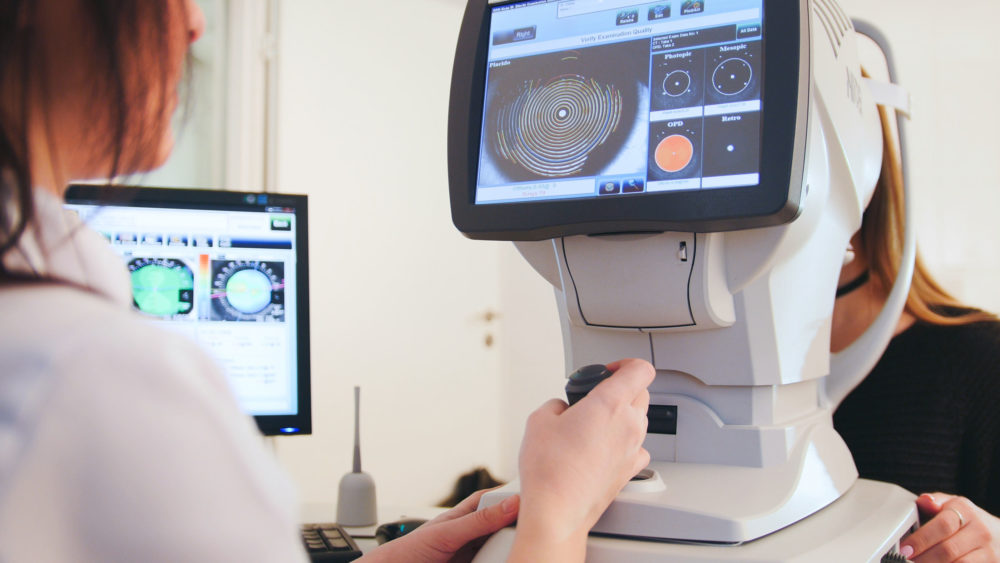
We made some virtual rounds on the interweb and drew a list of trends in eye health care that optometry doctors and other eye care physicians will find insightful.
Let’s kick things off with trend #1.
1. Eye care professionals want efficiency in their practice
As global trade and supply chains recover, vision care practices are keen to streamline business processes. And although authorities are relaxing pandemic restrictions allowing for a return to normalcy in inpatient eye care, eye health practices are taking a different direction. Eye care clinics are leaning towards reducing inventories and limiting product purchases while prioritizing on-demand sales.
In the wake of The Great Resignation, practices are opting to retain staff because the eye health care industry is still highly short-staffed.
Also, practices are rethinking their vendor relationships and prefer consolidating the number of suppliers they work with for their optical needs.
2. In-person primary eye care appointments at optometry clinics are getting shorter
At the height of the pandemic, optometrists and eye physicians had no option but to adjust how they provide eye care services to reduce in-person patient interactions. It turns out vision care centers are making some of those measures permanent. The new services and options that practitioners are now fully embracing include:
- Telehealth patient appointments and care
- Online or virtual eyewear fitting and purchasing platforms
- Options to purchase contact lenses, medication, and other products online via the practitioner’s website
- Making home deliveries for eye care patients
Consumers today want convenient healthcare services. Besides, consumer demands of the 21 century were bound to force optometrists, opticians, and ophthalmologists to provide long-distance clinical eye care through telecommunications and sell eye care products in online marketplaces. It explains why practices are also joining Alliances and Buying Groups.
3. Eye care physicians are now keener on glass frame styles and lens construction technology
Technological developments are causing paradigm shifts in every industry, and the eye healthcare subsector is no different. Eye care professionals are particularly conscious of the changes in automation and scientific know-how regarding the manufacture of frames and personalized and centered freeform lenses.
Practitioners want affordable glasses that combine style and superior performance. Remember, physicians are reducing on-hand inventory and instead making technology-driven and progressive purchasing decisions.
4. Digital marketing via social media
With the rise of e-commerce business models and conscious consumers, eye care physicians and practices are jumping on the social media bandwagon. Most eye care practices spend an hour or two a day connecting with fans, proactively bursting eye care myths and misconceptions, and building communities on social channels like Facebook, Instagram, Twitter, LinkedIn, and even TikTok.
Who knows? Social media might turn out to be an extension of online sales for some practices through social selling since socials are a cost-effective way to attract new patients.
Talking of eye care practices rethinking their vendor relations, we at Allentown Optical are a fully independent, high-tech, full-service quality lab. We offer personalized and custom services, including same-day rush jobs and orders, to meet all your optical needs.
Call us today and experience our old-fashioned hospitality firsthand.
